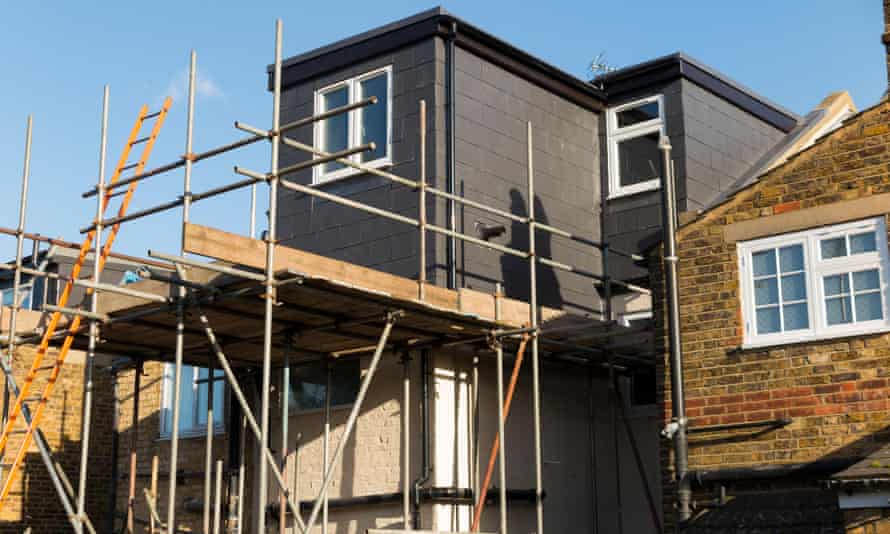Q We live in a house valued at about £350,000, with a mortgage of £120,000. We’d like to move to a house which has more living space, but properties where we live (York) are especially expensive.
We’ve seen a house nearby which is on the market for £260,000. With an extension and substantial renovation we think it would give us everything we want in a home. It would also mean that even with the costs of renovating the house and building an extension (we’re estimating £100,000), our mortgage would stay about the same. I have also seen another house near us which already has everything we want and is a lovely house, but is on the market for £450,000. We could afford the bigger mortgage but we would not be able to pay it down as quickly as one on the cheaper house.
I’m not sure what’s best to do – go for a cheaper house which requires a lot of work but would result in a smaller mortgage, or go for the house which already meets our needs but is more expensive. The main reason I am unsure is that the more expensive house is in an area where I think it will hold its value. The cheaper house is in an area where house prices are lower than the total amount we would spend on buying and then renovating the house. I think if we ever sold it we would not realise the amount of money we put into the house. But equally, I’m not sure if this is something to worry about, or whether it is better to think we are getting what we want for a house without having to get a bigger mortgage?
HJ
Q As I have an aversion to living with major building work, I would go for the lovely house which already meets your needs with not a speck of plaster dust in sight. Yes, paying £450,000 will mean getting a £220,000 mortgage and a bigger stamp duty land tax (SDLT) bill but as you believe the house to be in an area where it will hold its value, you are less likely to run the risk of getting back less than you paid for it when you eventually come to sell.
As you suggest, with the cheaper house you could end up not getting back the money you put into it even though you would only need a mortgage of £130,000. There is also a serious risk that you could easily end up spending more than the £100,000 you estimate that building work will cost. And if the building work is going to be extensive – so meaning that the house is mostly going to be a building site for several months – you may need to factor in the cost of renting somewhere while the place is made habitable.


